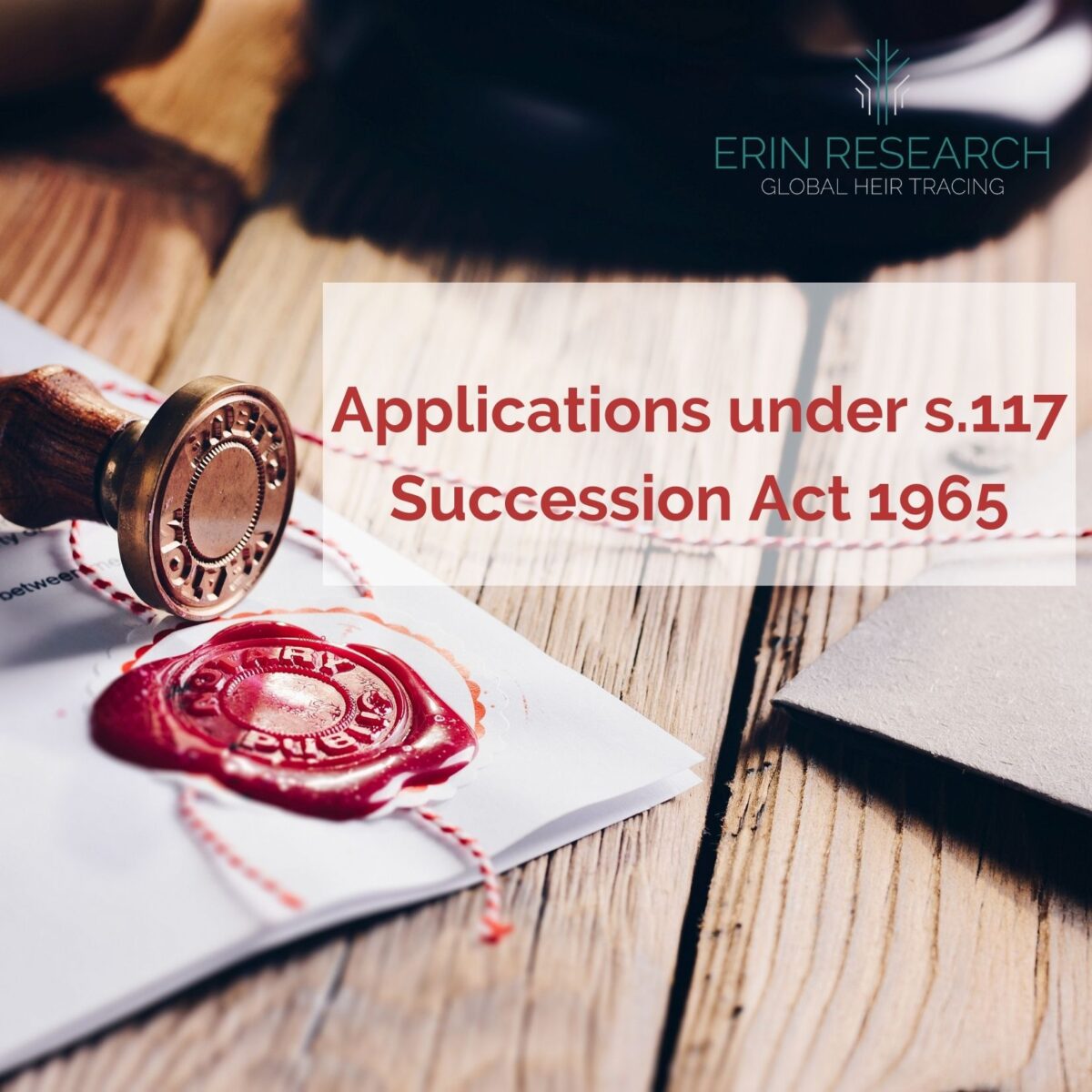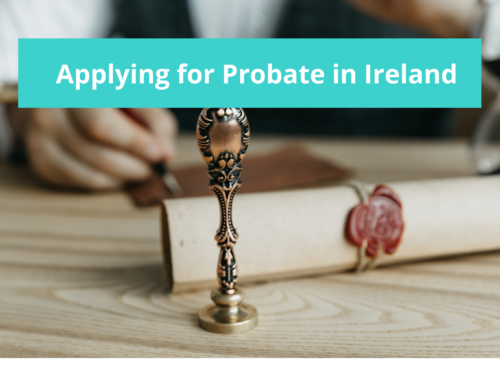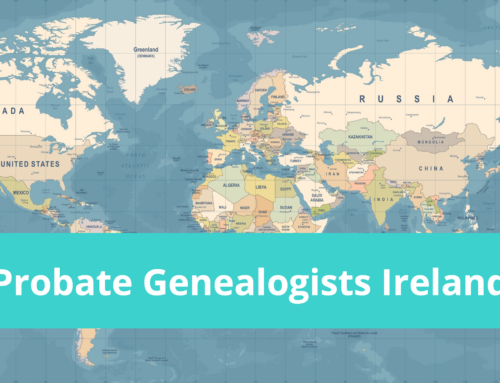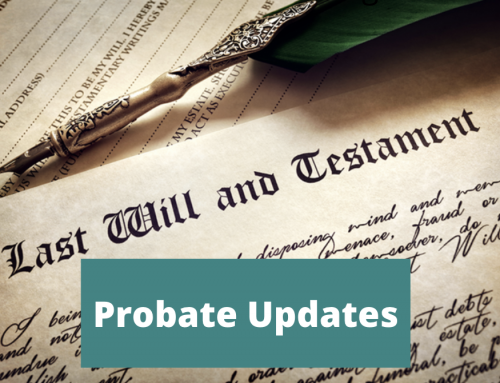
Succession Rights in Ireland – Challenging a Will; Applications under S.117 Succession Act 1965
In Ireland, there is no automatic right to any share in a deceased parent’s estate if they die testate – that is, having made a will. If a child feels they have been left out of a will or has a case to take to seek further provision, the legislation that allows this is Section 117, Part IV of the Succession Act. This section deals with the essential validity of a will – the entitlement of a testator to leave assets. It gives the right for an applicant to apply to a court to have the court decide whether it should award an amount from the estate.
Testate
The Deceased must have a valid will for an application to be brought under this legislation. An applicant has six months to bring proceedings should they wish to challenge a will. This is a relatively short time frame and the rule is stringently applied. The six months begins as soon as the final grant of probate (general grant) is issued.
Previous rulings
Since the supreme court case Re IAC (1990) the court requires plaintiffs in S.117 applications to prove not only that a parent has failed to make proper provision for a child but that the plaintiff has a financial need for such provision. If a person has no financial need for such a provision, they may very well lose their application.
Court Assessment
The court will consider whether a prudent and just parent has a moral duty to make provision for the child in the case, and if so, what award. The social policy underlying S.117 is primarily directed at protecting those children who are still of an age where they might reasonably expect support from their parents. The section itself does not create an obligation to leave something to each child. The position of an applicant child is not taken in isolation; the court looks at the entirety of the deceased person’s affair to decide the application. (A child can apply under S.117 at any age and is not limited to the legal definition of child as under 18 years of age).
The court considers:
- The extent to which past provision was made to the child
- The age, earning ability and financial situation of the child
- Legitimate expectation of the child (e.g. children who were induced to work on the family farm or business)
- Special circumstances and conduct of the child
The court may consider the nature of the provision beyond mere maintenance or provision of necessities, which will enable the child to make his or her way in life – for example for education or payment of money which would allow the applicant to establish themselves. Adult children where there is no financial need have a heavy burden to prove failure in moral duty.
The court will consider the conduct of an applicant also. Good conduct on the part of the child can entitle them to a larger share of the estate while poor behaviour can diminish the duty owed by parents.
In assessing moral duty, the relevant date for deciding whether or not the deceased failed to make proper provision for any child is the date of death and not the date of the will.
If a court decides that there has not been proper provision made by the testator, the court will then assess what the extra provision in favour of the applicant child/children will be. The court will only interfere to the minimum extent required with the testator’s will. The duty of the court is to provide for the needs of children where an unmindful parent has failed to provide for them, rather than acknowledge any entitlement in them to a share in a parent’s estate without proving financial need, as the duty created by S.117 is not absolute. An award cannot affect the legal right share of the spouse.
To view Christopher Lehane’s webinar on applications under S.117 Succession Act 1965 visit www. erinresearch.ie/webinars







